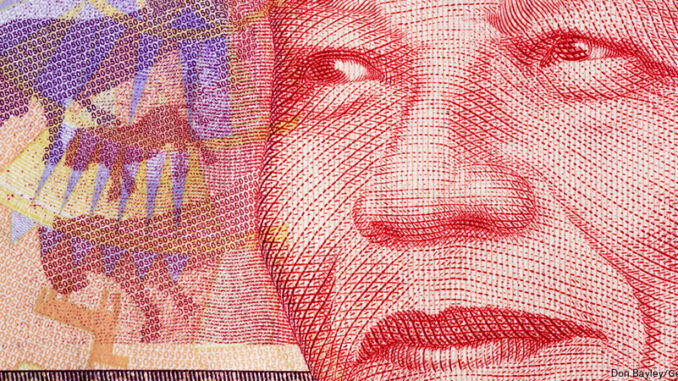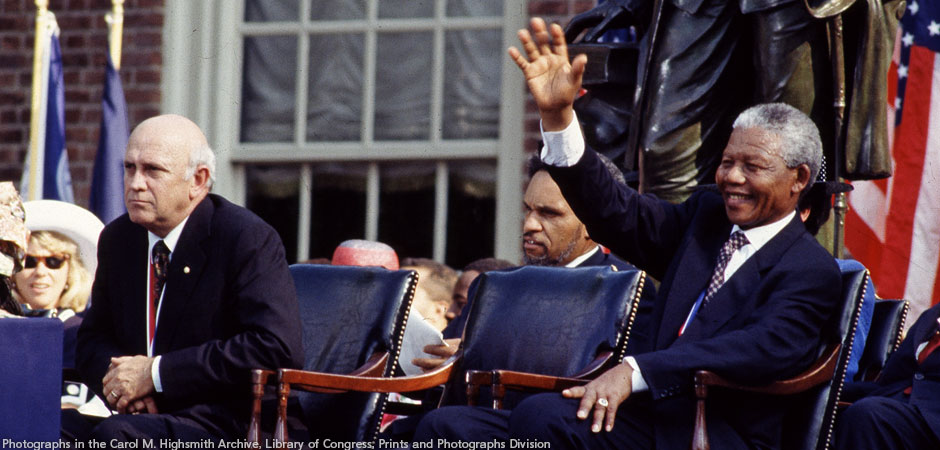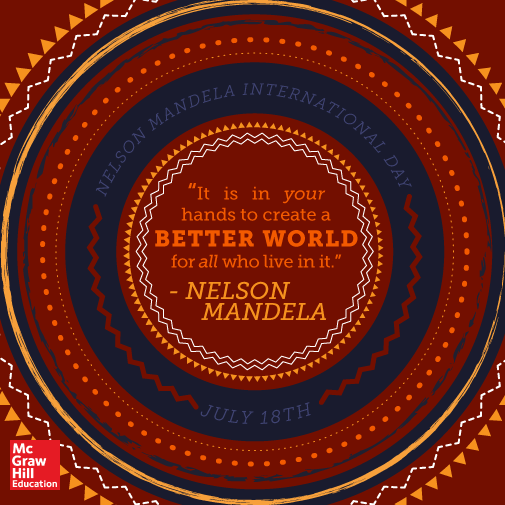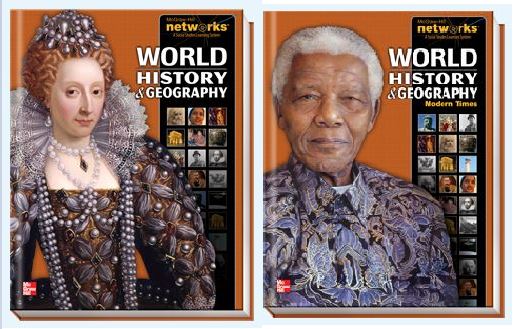
Last December, btw reported on the death of world leader Nelson Mandela and the impact his legacy will surely have for generations to come. July 18 (the date of his birth) will mark the 4th annual Nelson Mandela International Day. This commemoration began as a proposed resolution brought before the General Assembly of sixty-fourth session of the United Nations in 2009. The resolution invited all international organizations to observe the day and honor the man who committed his life to protecting and promoting human rights through a culture of peace.
The Man
Rolihlahla Mandela was born in a tiny South African village in 1918. His father, a once-prominent tribal counselor, was ostracized, forcing the family to move to an even smaller village. Mandela became the first person in his family to attend school, where a teacher renamed him Nelson. After his father died when he was nine years old, Mandela was adopted by a respected chief. Relocated to a more sophisticated city, he continued his studies, developing a particular interest in African history and its history of repression.

Mandela’s activism began when he was a student at University College of Fort Hare, where he was expelled for insubordination. Once home, he was faced with the news of an arranged marriage and ran away, settling in Johannesburg and enrolling in law school at the University of Witwatersand. Mandela became increasingly involved in the anti-apartheid movement, joining the youth league of the African National Congress political party. After more than twenty years of participating in nonviolent protest, Mandela was sentenced to life in prison for a number of political offenses. While he was in prison, Mandela continued to be an influential force for social change around the world. When his oppressors offered him early release in exchange for renouncing his beliefs, he flatly refused to back down or compromise his ideals. After immense pressure from international leaders, Mandela was ultimately release from prison in 1990. In 1994, he was elected South Africa’s first black president during the country’s first democratic elections. He spent his five years in office transitioning the country the rule of apartheid to black majority rule. After retiring from office, Mandela continued to dedicate his life to advocating for peace and equality. He started a charitable foundation, focused on a wide range of areas from education to AIDS research. On December 5, 2013, Mandela died at the age of 95.

The Day
The inaugural Nelson Mandela Day took place on July 18, 2009, one year before the UN resolution made it official. That first celebration was held in New York City and made up of fund-raisers,

and art exhibit, several volunteer opportunities and a concert featuring Alicia Keys, Aretha Franklin and Stevie Wonder and guests such as Queen Latifah and Whoppi Goldberg. But the spirit of the commemoration is for individuals all over the world to be empowered to make an impact in their own neighborhoods through volunteering and community service. The call to action for Mandela day is to commit 67 minutes (one for every year Mandela spent in public service). Unlike other leaders who were celebrated with a day of recognition after they passed away, Mandela had the pleasure of being witness to his legacy. At the campaign’s launch, he said that he would be, “honored if such a day can serve to fight poverty and promote peace and reconciliation.”
